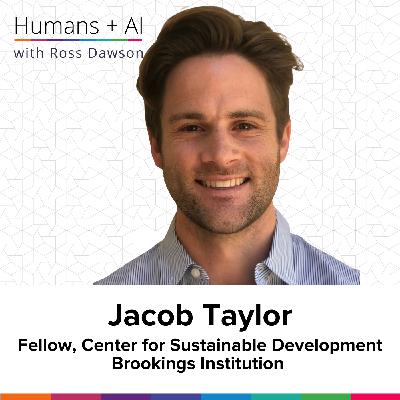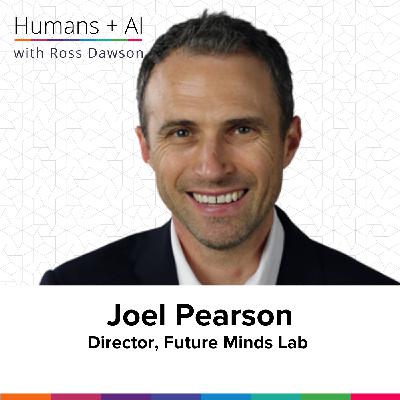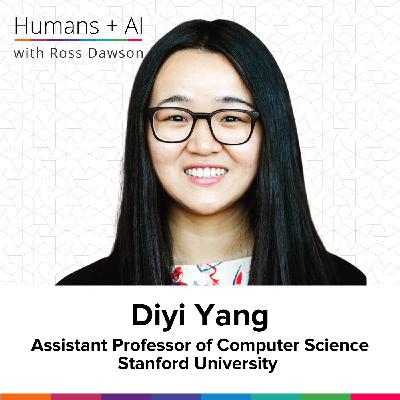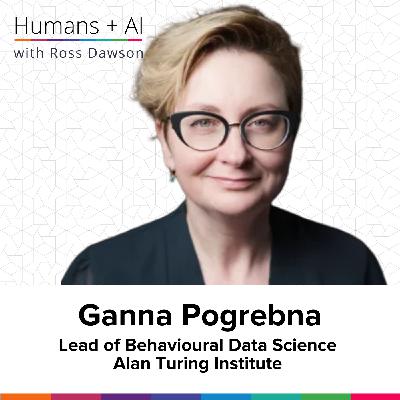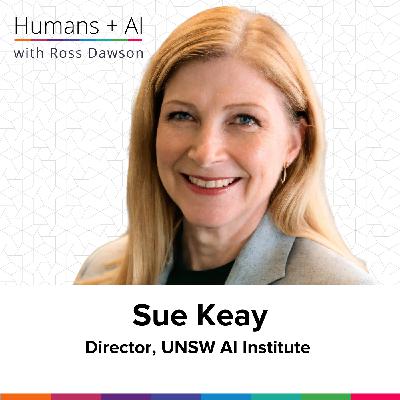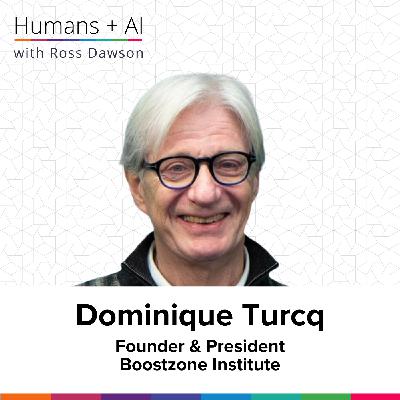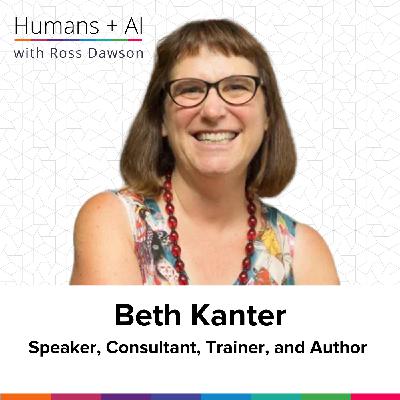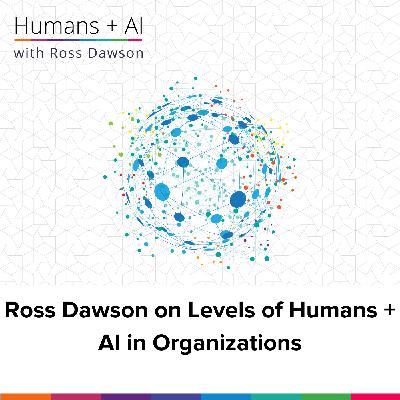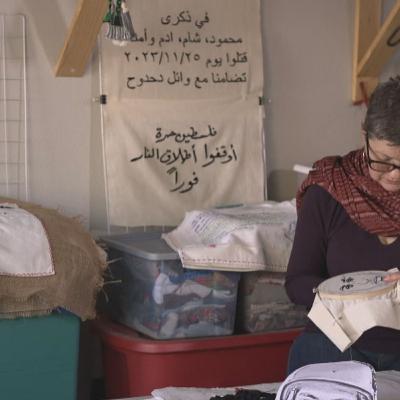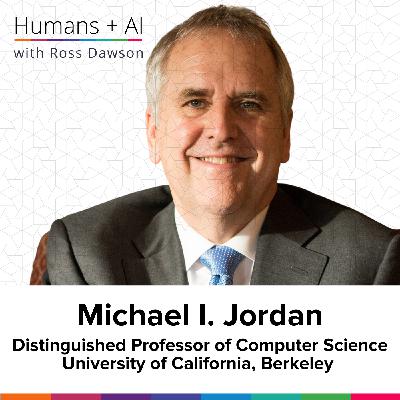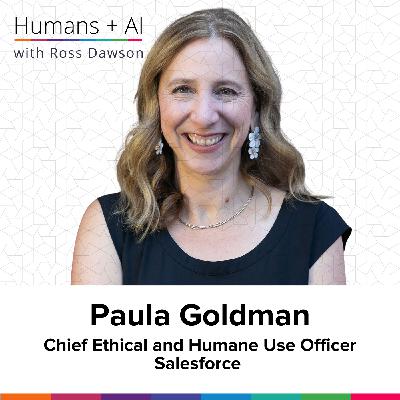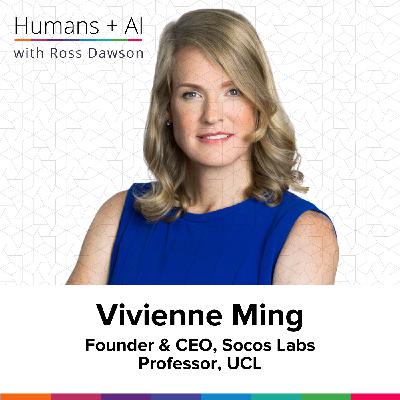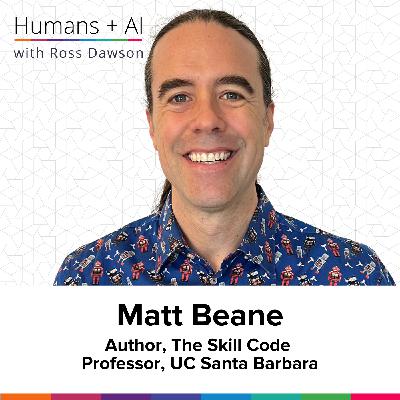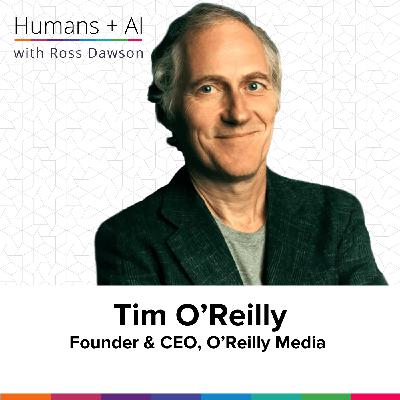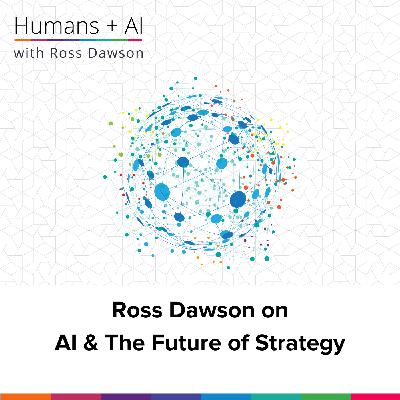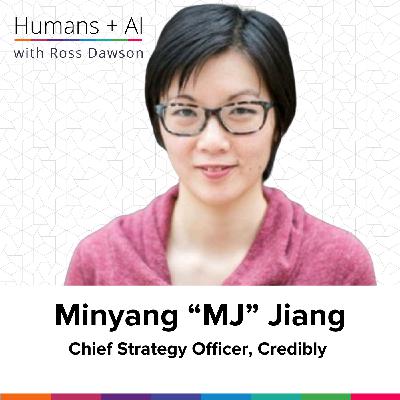Jacob Taylor on collective intelligence for SDGs, interspecies money, vibe-teaming, and AI ecosystems for people and planet (AC Ep10)
Description
“If we’re faced with problems that are moving fast and require collective solutions, then collective intelligence becomes the toolkit we need to tackle them.”
– Jacob Taylor
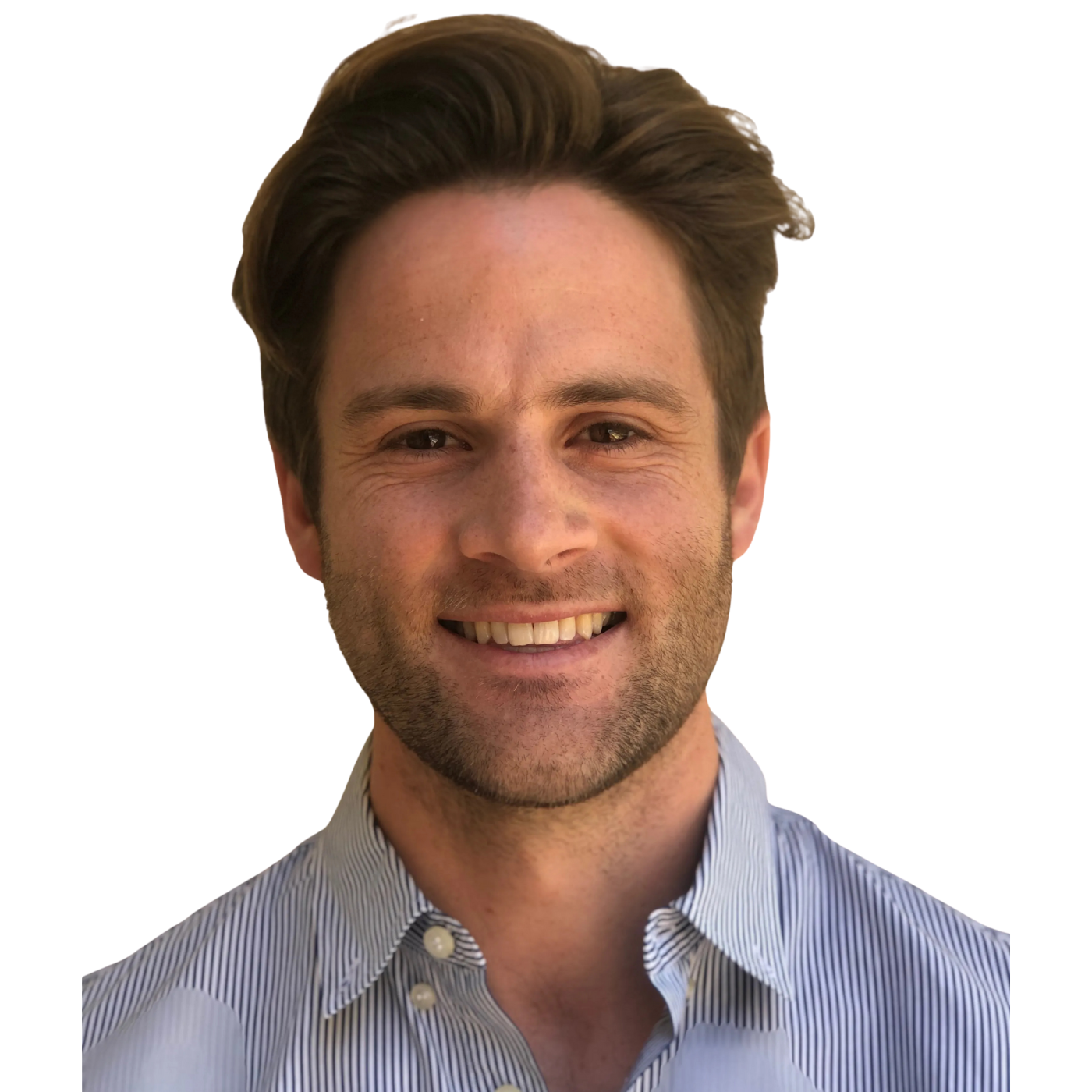
About Jacob Taylor
Jacob Taylor is a fellow in the Center for Sustainable Development at Brookings Institution, and a leader of its 17 Rooms initiative, which catalyzes global action for the Sustainable Development Goals. He was previously research fellow at the Asian Bureau of Economic Research and consulting scientist on a DARPA research program on team performance. He was a Rhodes scholar and represented Australia in Rugby 7s for a number of years.
Website:
LinkedIn Profile:
X Profile:
What you will learn
Reimagining Team Performance Through Collective Intelligence
Using 17 Rooms to Break Down the SDGs Into Action
Building Rituals That Elevate Learning and Challenge Norms
Designing Digital Twins to Represent Communities and Ecosystems
Creating Interspecies Money for Elephants, Trees, and Gorillas
Exploring Vibe Teaming for AI-Augmented Collaboration
Envisioning a Bottom-Up AI Ecosystem for People and Planet
Episode Resources
Transcript
Ross Dawson: Jacob, it is awesome to have you on the show.
Jacob Taylor: Ross, thanks for having me.
Ross: So we met at Human Tech Week in San Francisco, where you were sharing all sorts of interesting thoughts that we’ll come back to. What are your top-of-mind reflections of the event?
Jacob: Look, I had a great week, and largely because of all the great people I met, to be honest. And I think what I picked up there was people really driving towards the same set of shared outcomes.
Really people genuinely building things, talking about ways of working together that were driving at outcomes for, ultimately, for human flourishing, for people and planet.
And I think that’s such an important conversation to have at the moment, as things are moving so fast in AI and technology, and sometimes it’s hard to figure out where all of this is leading, basically.And so to have humans at the center is a great principle.
Ross: Yeah, well, where it’s leading is where we take it. So I think having the humans at the center is probably a pretty good starting point.
So one of the central themes of this blog—for this podcast for ages—has been collective intelligence. And so you are diving deep into applying collective intelligence to achieve the Sustainable Development Goals, and I would love to hear more about what you’re doing and how you’re going about it.
Jacob: Yeah, so I mean, very quickly, I’m an anthropologist by training. I have a background in elite team performance as a professional rugby player, and then studying professional team sport for a number of years.
So my original collective is the team, and that’s kind of my intuitive starting point for some of this. But teams are very well built to solve problems that no individual can achieve alone, and really a lot of the SDG problems that we have—issues that communities at every scale have trouble solving on their own—need a whole community to tackle a problem, rather than just one individual or set of individuals within a community.
So the SDGs are these types of—whether it’s climate action or ending extreme poverty or sustainability at the city level—all of these issues require collective solutions. And so if we’re faced with problems that are moving fast and require collective solutions, then collective intelligence becomes the toolkit or the approach that we need to use to tackle those problems.
I’ve been thinking a lot about this idea that in the second half of the 20th century, economics as a discipline went from pretty much on the margins of policymaking and influence to right at the center. By the end of the 20th century, economists were at the heart of informing how decisions were made at the country level, at firms, and so on. That was because an economic framework really helped make those decisions.
I think my sense is that the problems we face now really need the toolkit of the science of collective intelligence. So that’s kind of one of the ideas I’ve been exploring—is it time for collective intelligence as a science to really inform the way we make decisions at scale, particularly for our hardest problems like the SDG.
Ross: One of your initiatives—so at Brookings Institution, one of the

